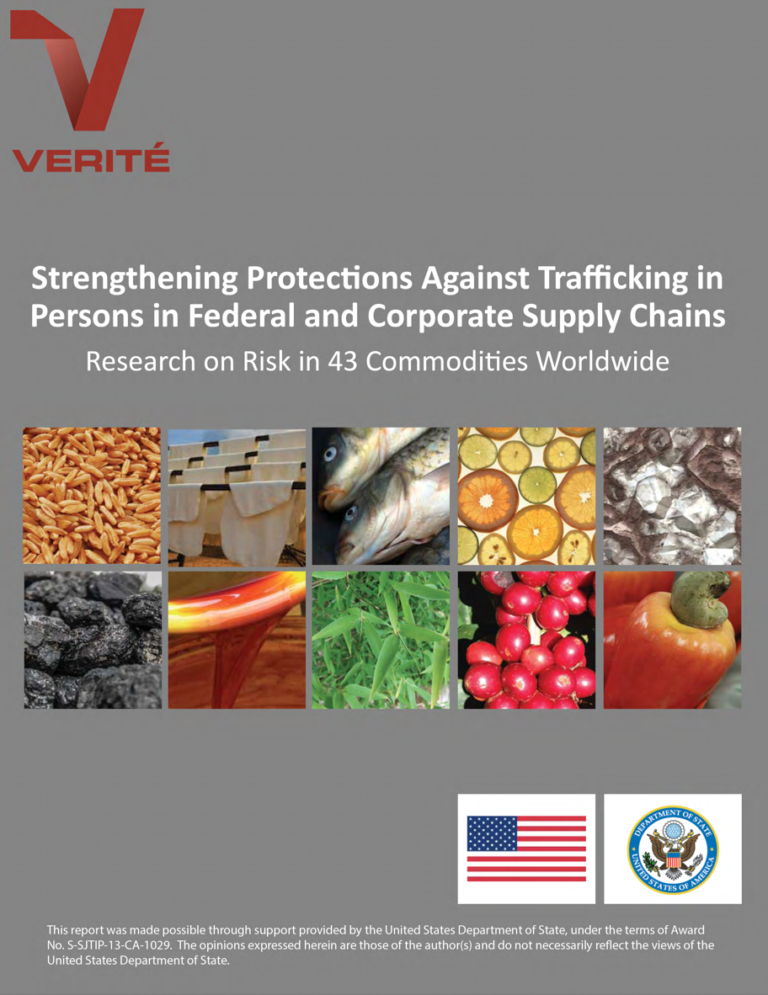More than twenty million men, women and children around the world are currently believed to be victims of human trafficking, a global criminal industry estimated to be worth $150.2 billion annually. As defined in the US Department of State’s 2014 Trafficking in Persons Report (TIP Report), the terms “trafficking in persons” and “human trafficking” refer broadly to “the act of recruiting, harboring, transporting, providing, or obtaining a person for compelled labor or commercial sex acts through the use of force, fraud, or coercion,” irrespective of whether the person has been moved from one location to another. Trafficking in persons includes practices such as coerced sex work by adults or children, forced labor, bonded labor or debt bondage, involuntary domestic servitude, forced child labor, and the recruitment and use of child soldiers. Many different factors indicate that an individual may be in a situation of trafficking. Among the most clear-cut indicators are the experience of coercive or deceptive recruitment, restricted freedom of movement, retention of identity documents by employers, withholding of wages, debt bondage, abusive working and living conditions, forced overtime, isolation, and physical or sexual violence.

